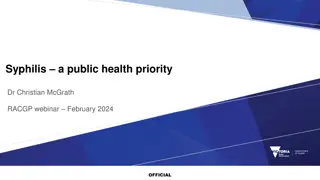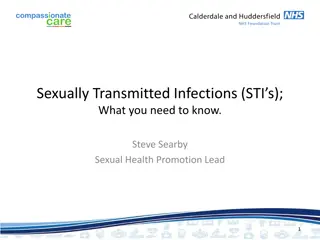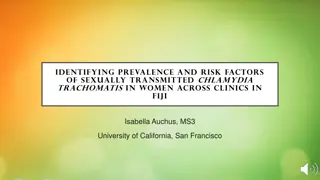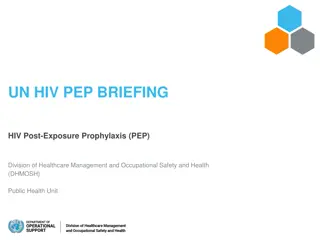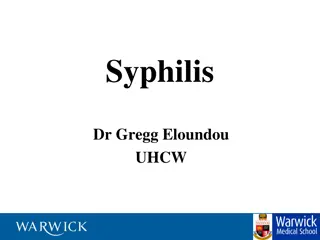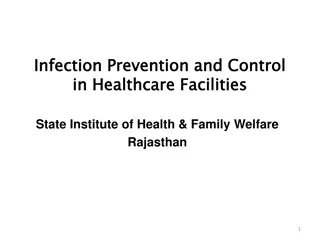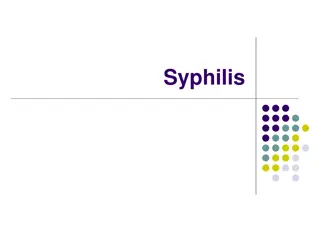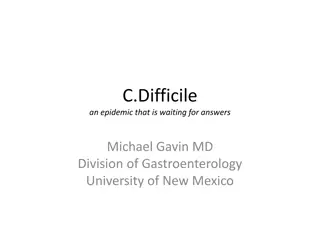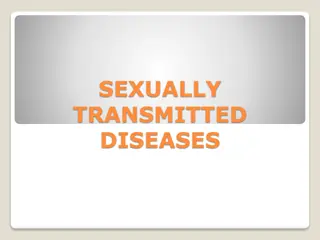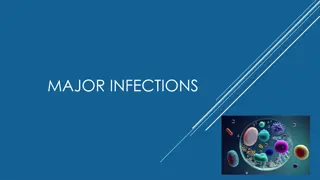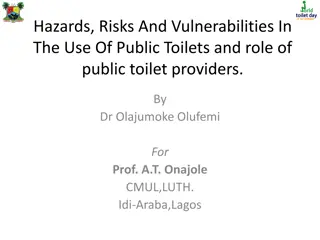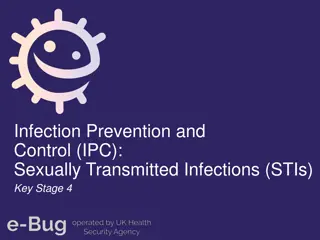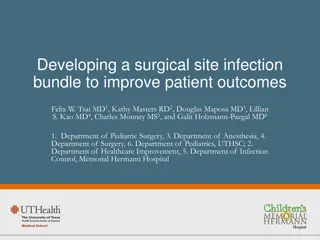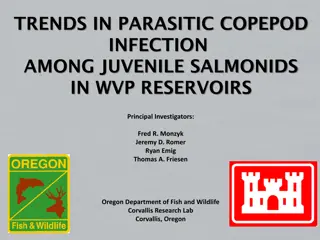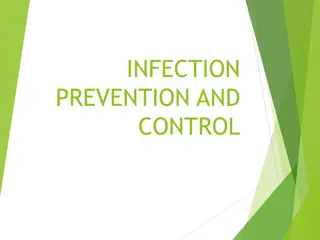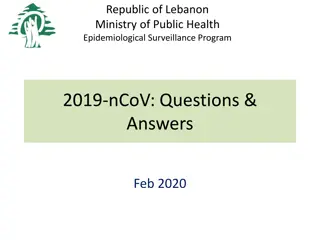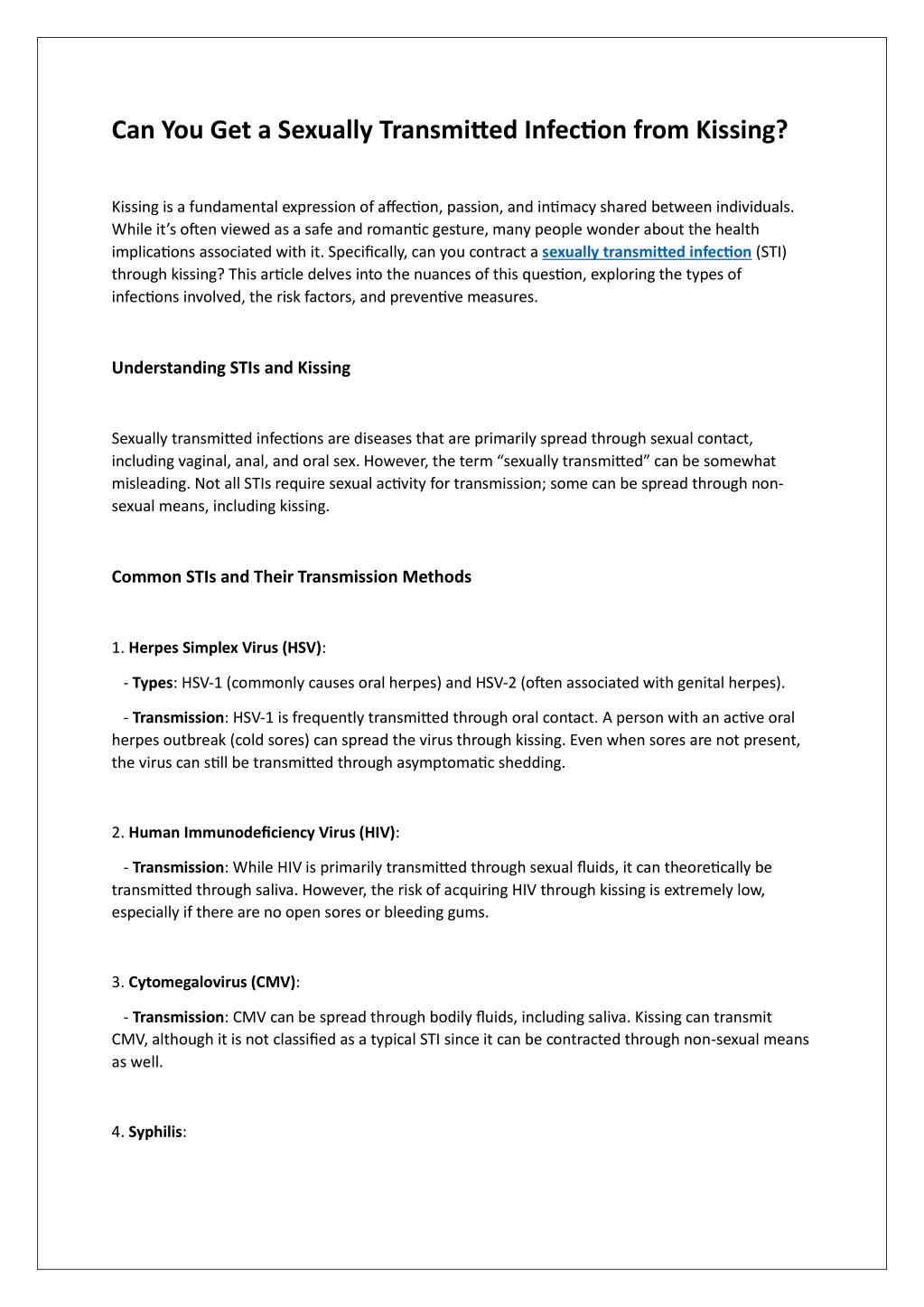
Can You Get a Sexually Transmitted Infection from Kissing
Kissing is a fundamental expression of affection, passion, and intimacy shared between individuals. While itu2019s often viewed as a safe and romantic gesture, many people wonder about the health implications associated with it. Specifically, can yo
Download Presentation

Please find below an Image/Link to download the presentation.
The content on the website is provided AS IS for your information and personal use only. It may not be sold, licensed, or shared on other websites without obtaining consent from the author. Download presentation by click this link. If you encounter any issues during the download, it is possible that the publisher has removed the file from their server.
E N D
Presentation Transcript
Can You Get a Sexually Transmitted Infection from Kissing? Kissing is a fundamental expression of affection, passion, and intimacy shared between individuals. While it s often viewed as a safe and romantic gesture, many people wonder about the health implications associated with it. Specifically, can you contract a sexually transmitted infection (STI) through kissing? This article delves into the nuances of this question, exploring the types of infections involved, the risk factors, and preventive measures. Understanding STIs and Kissing Sexually transmitted infections are diseases that are primarily spread through sexual contact, including vaginal, anal, and oral sex. However, the term sexually transmitted can be somewhat misleading. Not all STIs require sexual activity for transmission; some can be spread through non- sexual means, including kissing. Common STIs and Their Transmission Methods 1. Herpes Simplex Virus (HSV): - Types: HSV-1 (commonly causes oral herpes) and HSV-2 (often associated with genital herpes). - Transmission: HSV-1 is frequently transmitted through oral contact. A person with an active oral herpes outbreak (cold sores) can spread the virus through kissing. Even when sores are not present, the virus can still be transmitted through asymptomatic shedding. 2. Human Immunodeficiency Virus (HIV): - Transmission: While HIV is primarily transmitted through sexual fluids, it can theoretically be transmitted through saliva. However, the risk of acquiring HIV through kissing is extremely low, especially if there are no open sores or bleeding gums. 3. Cytomegalovirus (CMV): - Transmission: CMV can be spread through bodily fluids, including saliva. Kissing can transmit CMV, although it is not classified as a typical STI since it can be contracted through non-sexual means as well. 4. Syphilis:
- Transmission: Syphilis can be transmitted through direct contact with syphilitic sores, which can appear in the mouth or on the lips. Kissing someone with these sores poses a risk of transmission. 5. Gonorrhea and Chlamydia: - Transmission: These infections are primarily spread through sexual activity, but oral forms of these infections can occur. If a person has gonorrhea or chlamydia in the throat (oral gonorrhea or chlamydia), kissing could potentially spread the infection. The Risk Factors While the above STIs can be transmitted through kissing, the actual risk of transmission varies based on several factors: - Presence of Sores: Kissing someone with cold sores or other visible lesions significantly increases the risk of transmission of HSV and potentially other infections. - Oral Health: Poor oral hygiene or conditions like gum disease can create an environment conducive to infection transmission. Open sores, cuts, or bleeding gums can increase susceptibility to infections. - Immune Status: Individuals with compromised immune systems may be more vulnerable to infections. - Saliva Composition: Saliva contains enzymes and antibodies that can inhibit the transmission of certain infections, although they do not provide complete protection. Preventive Measures Understanding the risks associated with kissing can help mitigate the likelihood of contracting STIs. Here are some preventive measures: 1. Communication: Discuss sexual health openly with partners. Knowledge about each other's STI status can reduce anxiety and promote safer practices. 2. Avoid Kissing When Infected: If you or your partner has visible sores or a known infection, it s best to avoid kissing until the condition is resolved.
3. Maintain Oral Hygiene: Regular dental care and good oral hygiene can minimize risks associated with open sores and infections. 4. Get Tested: Regular STI testing is crucial for sexually active individuals. Knowing your status helps in taking appropriate precautions under the best sexologist Doctor 5. Use Protection: While condoms are effective for preventing STIs during sexual intercourse, they do not protect against infections that can be transmitted through kissing. However, barriers like dental dams can be used for oral sex to reduce risk. Conclusion While the risk of contracting an STI through kissing is relatively low compared to sexual intercourse, it is not zero. The potential for transmission exists, particularly with infections like herpes and cytomegalovirus. Understanding the specific risks and employing preventive measures can help individuals engage in romantic and intimate relationships more safely. As with many aspects of sexual health, awareness and communication are vital. By staying informed and being proactive, you can enjoy the closeness that kissing brings without undue concern about the associated health risks. Always remember that taking care of your health and that of your partner is an essential aspect of any intimate relationship.



